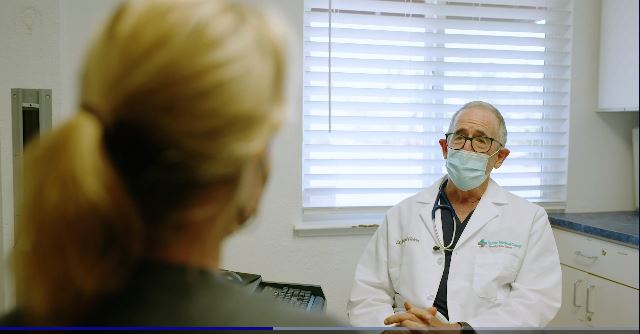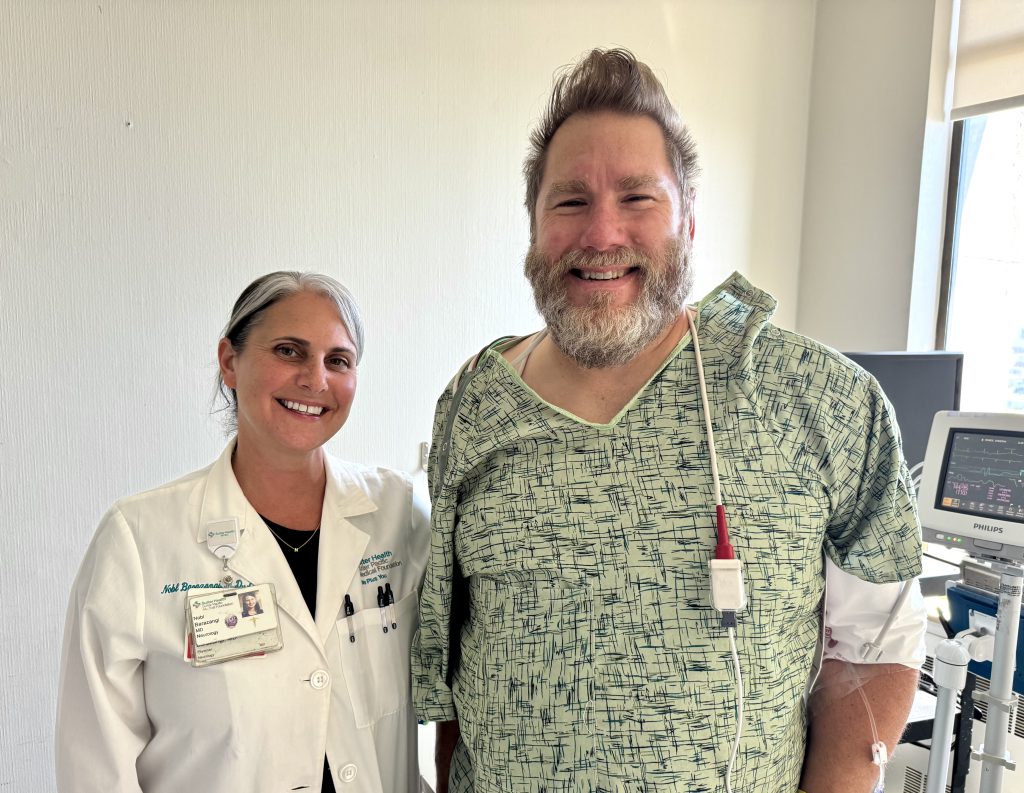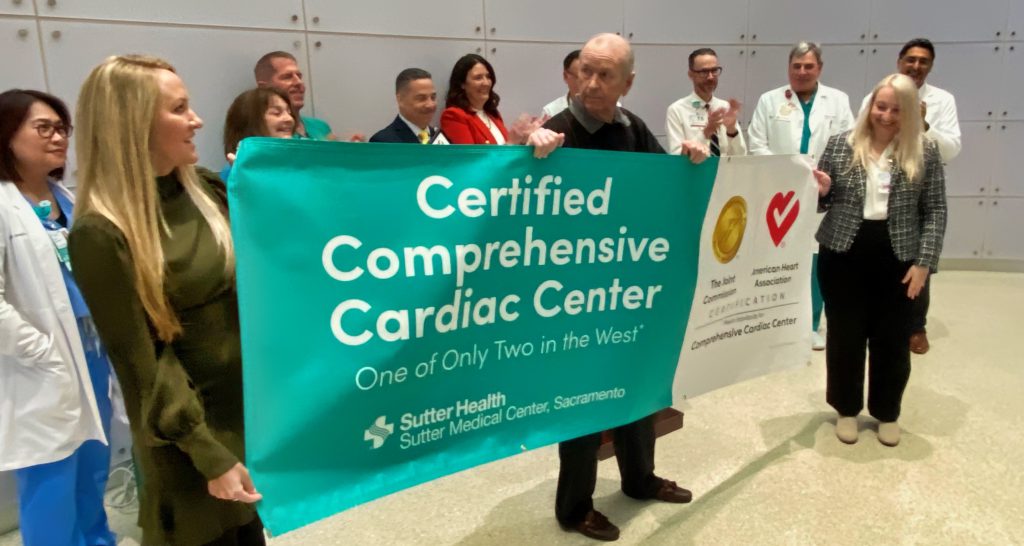Leaders from across Amador County recently gathered to hear from several healthcare experts about how they are addressing ongoing needs in the community.
Participants in the lunchtime panel at Hotel Sutter on May 24 included Kristi Beaufore, operations executive for Sutter Valley Medical Foundation; Michael Cureton, chief administrative officer of Sutter Amador Hospital; Dr. Robert Hartmann, core faculty member of the Sutter Health Family Medicine Residency Program and Dr. Jonathan Porteus, CEO of WellSpace Health.
All panelists acknowledged the reality for many rural area residents: consistent access to healthcare services is a challenge. That feedback was echoed in the most recent Community Health Needs Assessment conducted by Sutter Health. County residents identified their top two priority areas as access to quality primary healthcare services, as well as mental health and substance use services. It was followed by access to basic needs such as housing, jobs and food, along with access to specialty and extended care, and functional needs like transportation.
“The Community Health Needs Assessment really is a helpful pulse check for what our residents need, and greater access to healthcare comes through loud and clear,” said Cureton.

Left to right, Ryan Loofbourrow, external affairs director for Sutter Health Valley Area; Dr. Jonathan Porteus, CEO of WellSpace Health; Michael Cureton, chief administrative officer of Sutter Amador Hospital and Kristi Beaufore, operations executive for Sutter Valley Medical Foundation.
Healthcare access broadens with more qualified providers. Sutter officials say strong physician recruitment efforts—for both primary and specialty care—remain ongoing. WellSpace, a federally qualified health center that traditionally serves medically underserved areas and populations, has also launched a clinical practicum program for nurse practitioners in the area. A family medicine physician residency track is well underway at Sutter, too. Six doctors are in the pipeline to help care for patients specifically in Amador County.
“There are good chances that physicians will remain in the areas where they train,” said Dr. Hartmann.
Another service expansion is also on the horizon: outpatient dialysis services for those with kidney disease. Cureton said estimates show more than 100 Amador County residents with outpatient dialysis needs travel outside the area for that care. And with an aging population—the median age in Amador County is 50—that demand could only increase. Cureton said the outpatient dialysis clinic, which another dialysis care provider will operate through a joint venture with Sutter Health, is tracking toward opening at the beginning of 2024, pending necessary approvals and staff recruitment.
Mental health and substance use needs are on the rise across the state, and Amador County is no exception. But even with existing programs in place, people are unsure where to go.
“There is a lack of wayfinding for mental health, especially for those who are low income,” said Dr. Porteus.
WellSpace offers existing patients, the majority of whom are on Medi-Cal or uninsured, primary care-based mental health and substance use services, and helps patients navigate to other options that offer additional types of related support. The organization is keen to partner with Amador County and other healthcare leaders to expand mental health and substance use disorder services to increase access throughout the community. Sutter Amador Hospital features substance use navigators in its emergency department who can start addiction treatment in the hospital and connect patients to ongoing care that can help them in long-term recovery.
Sutter Health and Wellspace Health also work together to bridge remaining healthcare access gaps. WellSpace Health launched the Patient Navigation Program in December 2021 at Sutter Amador Hospital. Its goal is to connect those who are uninsured and underinsured to ongoing primary care services or other community resources after they are discharged from the emergency department or another hospital unit.
Other programs that were informed by the Community Health Needs Assessment include the “Food as Medicine” program that connects anyone who is hospitalized and shows signs of food insecurity or malnourishment with Interfaith Food Bank of Amador County for ongoing support and resources. Transportation services for cancer patients, as well as those 60 years or older, are coordinated through agencies like Amador STARS and Common Ground, respectively.
Cureton thanked those in attendance at the end of the discussion, acknowledging how their partnership helps contribute to the community’s overall well-being.
“We do this work together, and we can’t do it alone,” he said. “We’re grateful to all of you for the difference that you make.”





